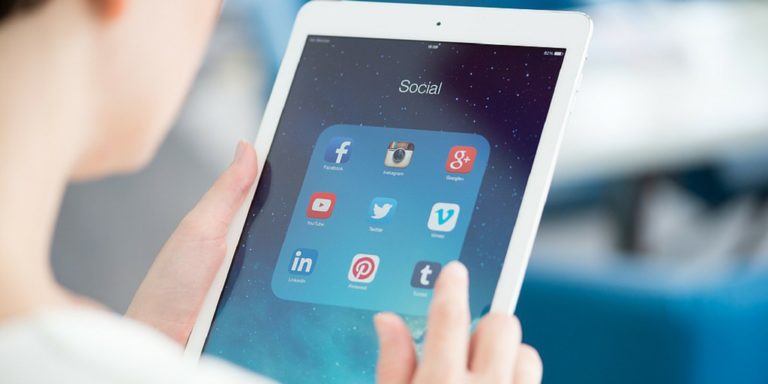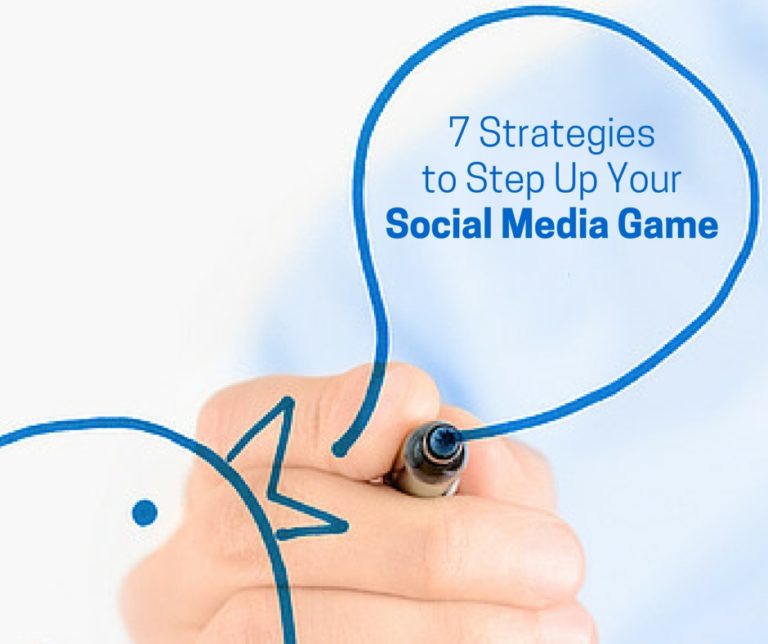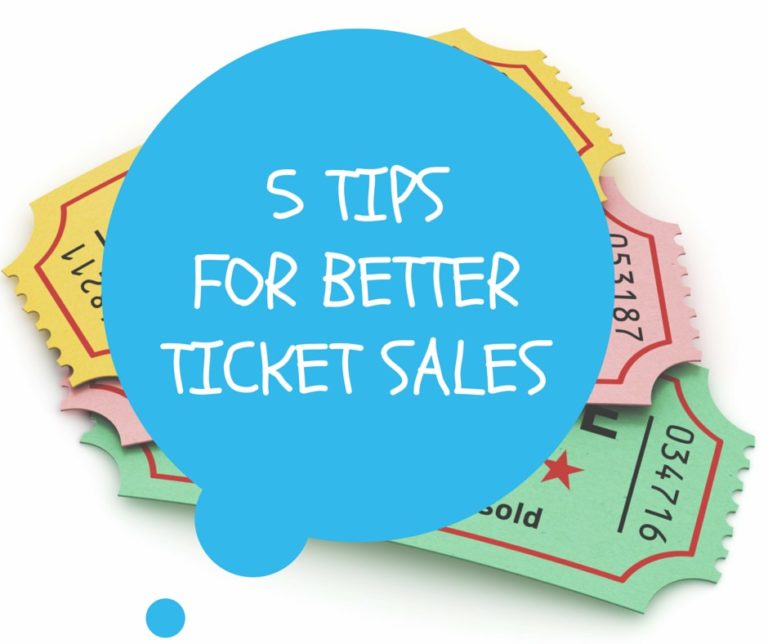Marketing products and services to other businesses is a unique challenge. Potential clients often need to consult with a team before making purchase decisions, and sales emails often get buried in the inboxes of busy business leaders. In this high-pressure environment, B2B event marketing is one of the most effective ways to build strong business relationships and close deals.
B2B marketing events take many forms, from one-hour virtual webinars to multi-day trade shows. A successful function can boost your company’s reputation, generate new leads, and more. But coordinating a B2B event requires time, effort, and the right tools. This guide covers everything you need to know to enhance your B2B event marketing strategy and plan high-quality functions.
The Importance of B2B Event Marketing
What is B2B marketing? “B2B” quite literally means “business to business,” so when you advertise your goods or services to other businesses (rather than directly to consumers), you’re engaging in B2B marketing. For example, a tech company may launch an email campaign to market a new billing software to healthcare facilities, or a commercial cleaning company could start a website that advertises services to business managers.
Event marketing allows B2B companies to connect with potential clients and strengthen relationships with current customers. The idea is simple: A company plans an event that brings together business leaders and other industry members. The B2B company also promotes its brand and products during the function.
However, selling products isn’t the only goal of B2B event marketing. These opportunities must also deliver value to attendees, or they won’t attract busy executives and managers. Successful marketing events often allow professionals to learn about the latest advances and issues in their industry. For instance, a tech company may host an online webinar for healthcare professionals about new cybersecurity threats – and mention their product as a potential solution.
B2B event marketing has many benefits, including:
- Lead Generation: In a 2020 survey by McKinsey & Company, 79% of B2B customers reported that they prefer video-conferencing interactions with sales representatives over phone calls. Online marketing events like webinars allow companies to connect with leads, or potential clients who have just become aware of a brand or service. Event marketing enables businesses to attract the attention of many potential leads quickly. The sales team can follow up with prospective clients during or after the event to share more information about their products.
- Brand Recognition: Marketers can use numerous strategies to promote their brand at any B2B event. For example, a company could hand out free tote bags with their brand logo at a product launch party or encourage event attendees to follow their social media profiles in exchange for a raffle entry ticket. People who remember a company’s brand may become future customers.
- Education: Potential clients often want to learn more about how a product can benefit their organizations before making purchase decisions. A 2022 Gartner study discovered that business leaders are 147% more likely to buy from companies that help them reflect on their goals and needs. A B2B event can highlight challenges and connect professionals to valuable products or services.
Set Goals and Objectives for Your B2B Event
Setting goals is the first step in the B2B event planning process. Event coordinators who know what they want to accomplish will find it easier to develop B2B marketing strategies and make decisions. Follow these three steps to set actionable goals:
Align Event Objectives With Business Goals
Start by considering how an event could fit your business’s mission and goals. Does your medical device company want to become the most respected manufacturer of cardiac pacemakers? You could host a webinar about technological breakthroughs in cardiology and showcase your product. Are you striving to develop a vast network in your industry? A trade show or multi-day conference could provide ample opportunities to make meaningful connections.
Identify Target Audience and Key Stakeholders
Event planners usually want to have as many attendees as possible, but identifying a target audience can help you create an effective marketing plan. Consider the event’s purpose and look at existing data to determine which demographics can help you meet this goal.
In B2B marketing, it’s helpful to target stakeholders who can make or influence purchasing decisions. For example, if a pacemaker company wants to boost sales, their event should attract cardiologists and hospital administrators who select medical devices.
Define Key Performance Indicators
Key performance indicators (KPIs) are metrics that event planners use to evaluate if gatherings succeed or need improvement. KPIs can vary based on the type and goal of the event. A company that plans a virtual webinar may collect data about how long attendees stayed online. By contrast, someone who plans an in-person event may assess how many refreshments attendees purchased.
Other useful KPIs for B2B marketing events include:
- Attendee demographics
- Number of attendees
- Return on investment
- Social media traffic
- Ticket sales
Choose the Right Format and Theme for Your B2B Event
Selecting an appropriate format and theme will help your B2B event succeed. There are three main types of marketing events:
- In-Person Events: People physically attend these events and mingle freely with others between sessions. In-person functions build community and enable more natural networking opportunities.
- Virtual Events: These functions take place entirely online and generally involve video conferencing. They may attract a larger pool of attendees because people can tune in from the comfort of their homes. And engaging activities like breakout rooms help attendees feel excited and involved.
- Hybrid Events: Hybrid gatherings blend in-person and virtual activities, so you get the benefits of both formats.
You should also pick a theme that provides value to your target audience and relates to your goals. For instance, a B2B company that wants to sell more fencing to farmers could plan a virtual conference about developments in agricultural infrastructure.
Develop a Comprehensive B2B Event Marketing Strategy
Event marketers use a wide range of B2B marketing strategies to reach potential customers:
Use a Multichannel Marketing Approach
Industry professionals are often the recipients of way too many marketing materials. Break through the noise and reach a broader audience by using multiple advertising methods, such as:
- Personalized email and text message invitations
- Social media
- Ads in industry newsletters and other relevant publications
- Blog posts related to your event theme
Craft a Targeted Messaging and Branding
B2B marketers can build excitement for their gatherings by developing a cohesive event brand. This concept includes all public-facing elements, such as company colors, logos, merchandise, speakers, and social media strategy.
The brand influences how potential customers view your event and company. Attendees will likely view your B2B tech conference as credible and innovative if you have leading guest speakers from the field. And marketing a networking event with warm colors and inviting language can entice potential attendees who may feel anxious at social functions.
Studying your competitors’ event brands can help you determine what messaging appeals most to your target customer base. For example, finance and engineering professionals may prefer outcome-oriented messaging so they know what they can gain from your event upfront.
Leverage Event Technology for Promotion and Engagement
Event technology streamlines B2B marketing and promotion so that event planners can focus on other details. This software can automate registration, ticket sales, email campaigns, and other tasks. And tools like Events.com’s event management software analyze data and provide actionable insights that you can use to improve future B2B marketing events.
Additionally, event technology makes it easy to scale events to reach more potential clients. For instance, Events.com’s software can generate email addresses for all guests, so you can quickly get in touch with important event updates.
Maximize Networking Opportunities at B2B Events
Many guests want to expand their professional network when they attend B2B events. You can make your gathering feel more community-oriented by:
- Starting the event with an icebreaker activity
- Organizing casual social events like mixers and business card swaps
- Offering incentives to follow your company on social media, like a discount code for your products
- Securing local business sponsors for your event
- Meeting individually with attendees and asking about their business needs and pain points
- Offering free suggestions for products and strategies to improve business operations
- Avoiding strong pitches for your own company – remember, your event should provide value beyond product recommendations
Optimize Your B2B Event Strategy
Planning a successful event takes time and energy, but B2B marketing gatherings can be rewarding. You can expand your professional network, connect with potential leads, and boost your brand.
Elevate your B2B marketing with Event.com’s event management software. This innovative technology handles every step of the event-planning process, from building a website to checking in attendees. Also, our affordable digital marketing services make it easy to develop multichannel marketing campaigns, track impressions, and more. Our tools maximize your marketing budget so you get the best ROI. Contact us today to get a free demo.




